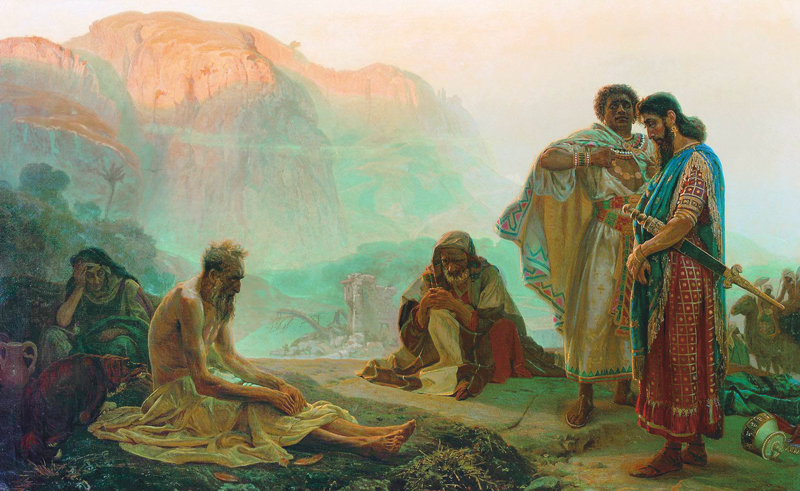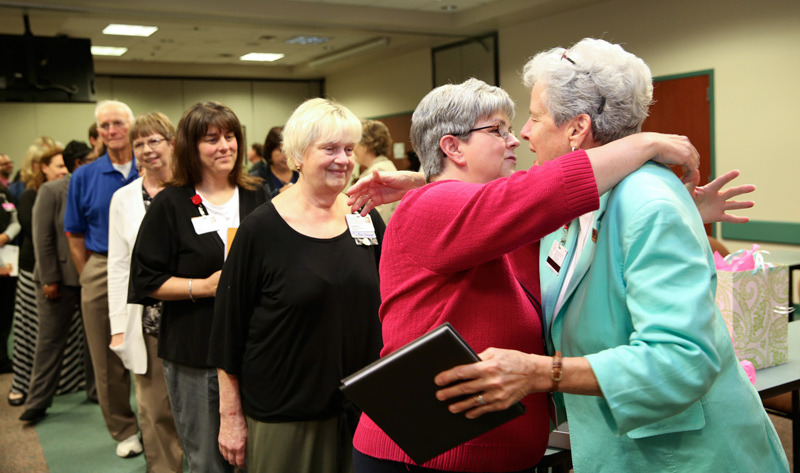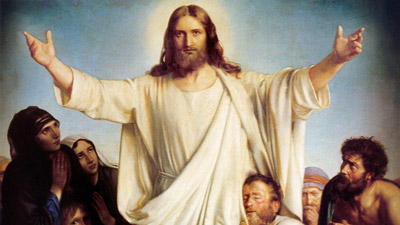
Leonard Pitts Jr., is a Pulitzer Prize-winning author who usually focuses on topics related to race and contemporary culture. He trends very much to the left, and I have to admit that, although I periodically read his columns, I don’t always find their political bent helpful. One that he authored in the aftermath of Harvey and Irma, however, was common-sensed and notably theological.
Pitts took on several religious spokespersons whom he termed “nickel prophets” for their shallow interpretation of our bad weather. “Catastrophic” has become the watchword for newscasters and meteorologists describing recent events. And it seems that there are some pious types who automatically attribute catastrophic earthquakes, wild fires, and monstrous hurricanes to an angry God.
There is no question that there are plenty of things in today’s social mores that defy God. The problem comes when we start trying to read God’s mind and turn Him into an executioner. Innocent people suffer. It is worse than insensitive to imply that the eight who died in an overheated nursing home were somehow the deliberate victims of a vengeful deity. It is both wrong-headed and hard-hearted to say that people whose homes and towns are in ruins are somehow equivalent to the residents of Sodom and Gomorrah.
That’s the problem with the divine retribution theory. And it’s as old and as off base as the recriminations offered by the supposed friends of Job, who tried to pin the cause of his suffering on him. God’s response to Job was essentially the one offered by Pitts: We cannot know the back story on why things happen. And a truly religious response is found in the verses which Pitts quoted from Isaiah and Psalms: “My thoughts are not your thoughts, neither are your ways my ways” and “Be still and know that I am God.” Job’s friends were at their best when they simply sat with him in his misery. They became highly offensive once they started talking.
We can offer some common-sensed explanations for our weather events. We’ve overbuilt, eliminated green space, trespassed on flood plains, and fired heat and carbon into our atmosphere. We make token environmental gestures, but we don’t alter our lifestyles drastically. These point to a general blame, but they don’t really explain.
Meanwhile, we can observe that God supplies humans with free will and the world of nature with considerable freedom of movement. St. Thomas Aquinas pointed out centuries ago that chance is also part of Divine Providence. In other words, a hurricane may turn inland or go out to sea. A virus may attack me and not you. A drunk driver may slam into a tree or crash into a family. God does not always step in to fix things or show favor. God has certain unalterable plans for you, me, and the whole universe, but they may work out via Plan A, B, or Q. There’s a great deal of randomness, and on good days playfulness, in creation. In the midst of that, we sometimes do well to sit mute with our unanswered why’s.
Sister Pamela Smith, SSCM, is the Secretary for Education and Faith Formation at the Diocese of Charleston. Email her at psmith@catholic-doc.org.
Image: Job and His Friends; Ilya Repin, 1869




